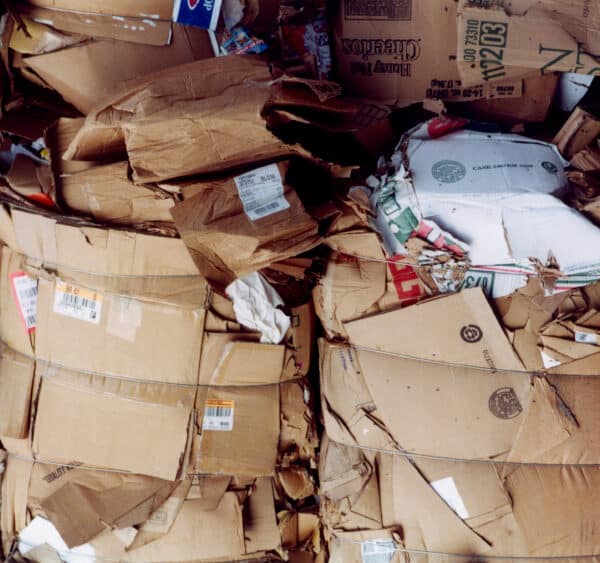 Real life documentaries looking at the day to day lives of our citizens are a feature of so many television programmes these days, it’s easy to get reality fatigue. Having said that, programmes about compulsive hoarding of belongings have highlighted a really distressing problem for many people, and hopefully will extend understanding of the issues.
Real life documentaries looking at the day to day lives of our citizens are a feature of so many television programmes these days, it’s easy to get reality fatigue. Having said that, programmes about compulsive hoarding of belongings have highlighted a really distressing problem for many people, and hopefully will extend understanding of the issues.
The risk to others
Excessive hoarding can be damaging and distressing to people’s families, and maybe neighbours around them, but in many cases the problem may be hidden. People suffer unknown to the rest of the world, and as with many mental health problems, if it’s not impacting on anyone else, the view is often taken, they’re not hurting anyone else, that’s how they choose to live, what can we do to intervene? Only if the problem was a hazard to others might local authorities be able to use public health legislation to deal with the matter.
A lifestyle choice or a case of neglect
The causes of hoarding aren’t easy to identify, they might be associated with an organic mental illness like dementia, or perhaps a compulsive disorder. What is clear from these TV documentaries was that many of the people found themselves in a very distressing cycle, they knew what the problem was but even with help struggled to get anything done about it. The problem for health and social care workers who are trying to support someone like this, is that if the person has capacity, and the act of hoarding does not present a risk of harm to themselves or others, then there isn’t really a solution that mental health law can provide. A recent report in the Guardian ‘Dismissing self-neglect as a ‘lifestyle’ choice is unacceptable’ (28.1.2014) described how Croydon Council are now recognising this as a form of self-neglect that should be considered as a safeguarding matter. The whole safeguarding agenda is much wider now than protecting vulnerable people against abuse by others, it’s about considering a whole range of risks. However safeguarding investigations might not bring about satisfactory solutions – after all it is an area of national and local policy, with no ‘safeguarding’ law to back it up.
No easy solutions
Many of us see the benefits of decluttering in our own homes, but the whole issue of hoarding must be handled much more sensitively. It would be easy for an outsider to suggest a huge clear out, but the act of getting rid of all those belongings may be as distressing to the sufferer as trying to live with the clutter. Equally saying ‘that’s their own choice’ is too simplistic an option, and leaves the person at risk of worsening their own situation. The QCS policies on safeguarding provide a framework and guide for when to refer someone for a safeguarding investigation.





